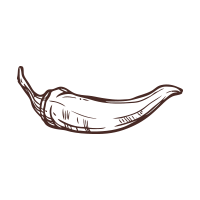
Pomegranate farming can be a rewarding experience, but it's important to do your research before you get started. Here's a basic overview of what you need to know:

With proper care, pomegranate trees can produce fruit for many years. The following are some additional tips for success: